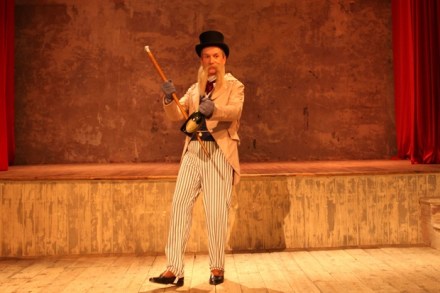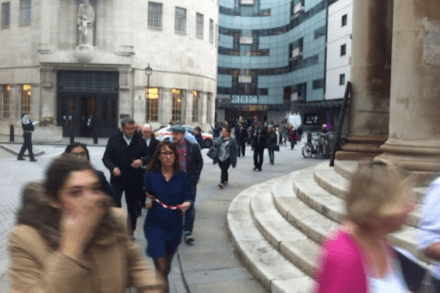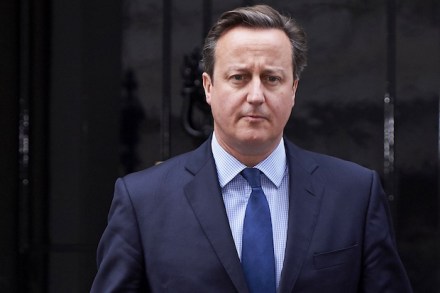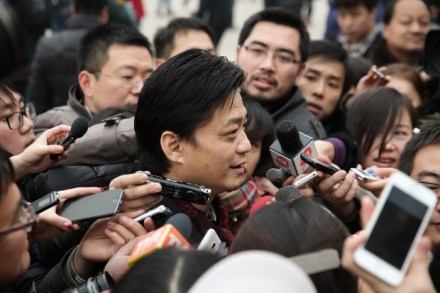Beyond a joke | 3 December 2015
Let’s start this week with a joke: ‘You know Mrs Kelly? Do you know Mrs Kelly? Her husband’s that little stout man, always on the corner of the street in a greasy waistcoat. You must know Mrs Kelly. Well, of course if you don’t, you don’t, but I thought you did, because I thought everybody knew Mrs Kelly.’ No, I can’t claim my sides are entirely split either. Yet, according to the first episode of What a Performance! Pioneers of Popular Entertainment (BBC4, Thursday), this sort of material by the Victorian music-hall star Dan Leno marked the birth of stand-up comedy as we know and are perhaps overburdened by it




















